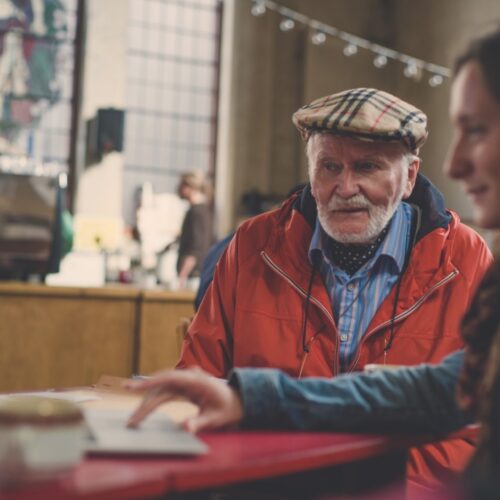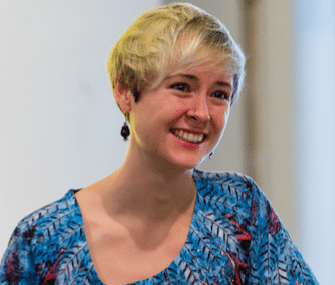
Using tech
Tips, advice and stories of how charities are embracing digital, and suggestions for how funders can support them.

Tips, advice and stories of how charities are embracing digital, and suggestions for how funders can support them.
With funds and time tight, don’t reinvent the wheel, use the experiments of other small charities and experts to guide decisions and involve service users in testing.
We’ve compiled resources to help small voluntary organisations on their tech journey.
Click here to see how you can map your response to change using digital and tech approaches.
Catalyst ‘Live and Online Storytelling Service’Click here for a useful resource page to plan and support your approaches with content on leadership; strategy; designing activities; services and products; funding; accessibility; data insights; cybersecurity, and communications.
NCVO digital and technology resource pageClick here to read Zoe Amar’s tips on how to approach hybrid working.
Hybrid working by DigiLeadersClick here to read the #BeyondTheRules blog by Dark Matters Lab, exploring practical tools for a new type of organising, with the purpose of creating ‘public good’.
#BeyondTheRules blog by Dark Matters LabClick here to be inspired by the successful tech stories by other organisations and to submit your own!
Catalyst ‘Success Stories’ feedClick here to see a list of groups for support with digital, service design, data, communications, marketing, social media and fundraising.
Third Sector ForumClick here for your one-stop shop for all the tech and digital resources out there for voluntary organisations.
Catalyst resources pageClick here to learn about the initiative that enables increased understanding, closer alignment, and opportunities for funder collaboration in response to Covid-19. It aims to enhance the effectiveness and impact of individual and collective responses by funders.
Funders Collaborative HubClick here for more information on how Catalyst is changing.
Catalyst’s transition
We believe these granular insights into how small charities have embraced digital tech over the pandemic complement broader work around how digital tools and approaches are used by the sector. We hope this supports both charities’ and funders’ thinking about the role of tech – for their own organisations and the sector as a whole.
Annie Caffyn, Researcher at IVAR and Ellie Hale, Catalyst Producer at CAST

Many thanks to Justlife and Integrate UK for the photos used on this page.